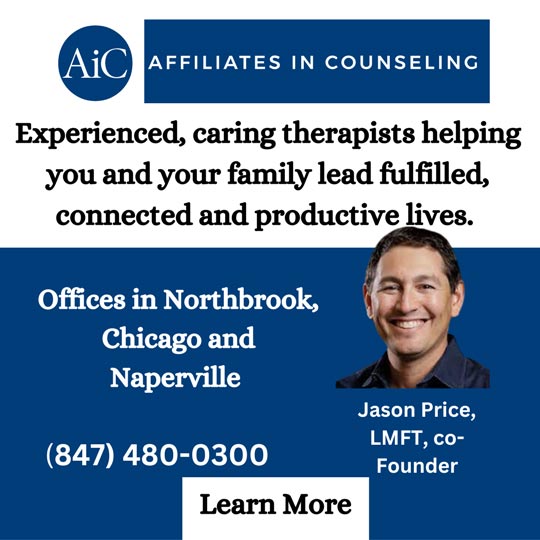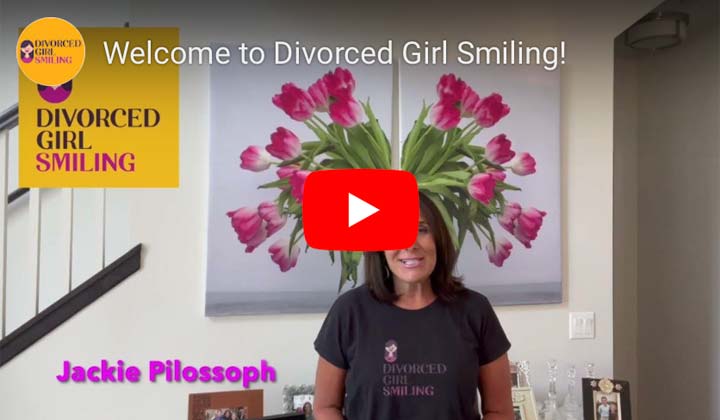[ad_1]
Are you looking for relationship closure after your divorce? The aftermath of every breakup or divorce is unique. Some couples are able to remain good friends, others end up cordial but distant, and then there are some who walk away bitter and angry, and want no future contact with one other.
But there’s one thing that happens after every relationship ends and after a divorce. Both people have all the time in the world to reflect on what went wrong and why. A person could spend hours, days, even years trying to make sense of what really happened, wondering what he or she could have done differently, or analyzing how the relationship could have been saved.
For the purpose of gaining a better understanding, putting the past to rest, and moving on, men and women sometimes seek relationship closure from the other person.
What does relationship closure entail? Perhaps they call their former spouse or they send a text, an email or a Facebook message in hopes of getting answers, information or an emotional reaction that helps them “close” that chapter in their lives.
But is relationship closure healthy and helpful, or does it just open up the door to memory lane, make us feel worse and set us back in the healing process?
For answers to these questions, I sought the opinion of Jason Price, a Northbrook-based Licensed Marriage and Family Therapist, who explained that closure can offer both positives and negatives.
“It’s very hard to walk away from a relationship not knowing the truth about why it ended,” said Price, who said he has been in private practice for over 20 years. “Getting an explanation via open dialogue with the other person makes it feel resolved and helps in moving on.”
Price also said closure can be helpful in alleviating misconceptions and feelings of confusion or even animosity, all of which might have been present during the breakup because it was fresh and therefore highly emotional. After some time has passed, things become more clear and defined.
However, be careful. Seeking relationship closure has a potential downside.
“You might not get it,” Price cautioned. “The other person might not be responsive and might give you a standard line of ‘It’s not you, it’s me,’ or they might deflect or show disinterest. That might have you feeling worse than you did before you sought the closure.”
Price also said it’s important to be honest with yourself about why you are seeking closure. In other words, are you trying to move on or do you have a secret hope of rekindling feelings?
Closure is a funny thing. Sometimes it’s best to let things be, choose to remember the good parts of your former relationship and bask in the memories versus focusing on why it ended. Then again, it feels pretty darn good when you get the answers you’ve been wondering about for months, sometimes even years.
I’ll give you an example. When I was in my 20s, I went out on a date with a man I really, really liked. Dinner was great, the conversation flowed and there seemed to be a mutual attraction. But, after dinner, he drove me home and never called me again. For years, I wondered why things played out that way.
A decade later, I happened to run into him at a party of a mutual friend. I found the bold strength to walk up to him and ask, “Why didn’t you ever call me again?”
His first response was, “Aren’t you glad? Look at me. I’m fat and bald!” I thought that was funny and I also still thought he was cute. Then he told me that he and his now wife (they have 3 kids) had broken up for a couple weeks and that I was his one and only date. They got back together a couple weeks later. On one hand, I felt like, ‘Wow. Was the date that bad that he went running back to his now wife?’ But on the other, I finally had closure! I knew why and it wasn’t personal. That was a really good feeling.
The bottom line is, I think we all think closure is going to somehow make our pain better, or even go away and I don’t think that’s true. I think time is what helps pain. But having a little understanding might speed up that process.
[ad_2]
Source link





